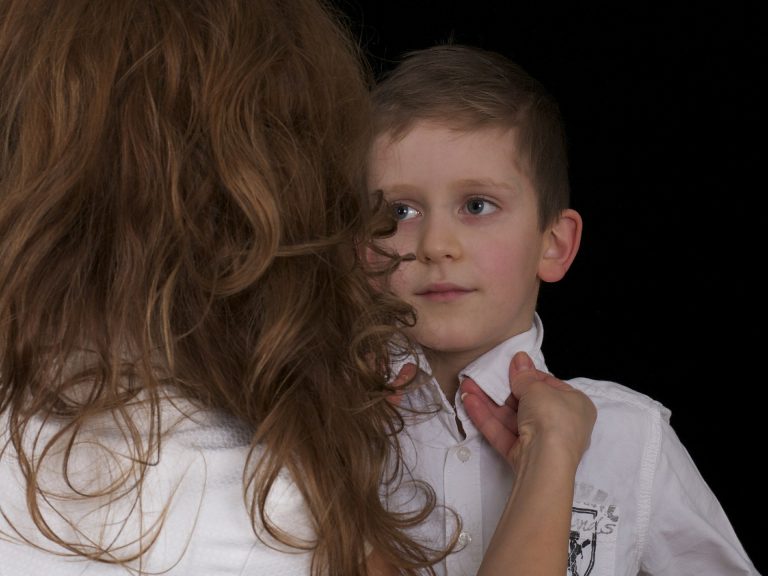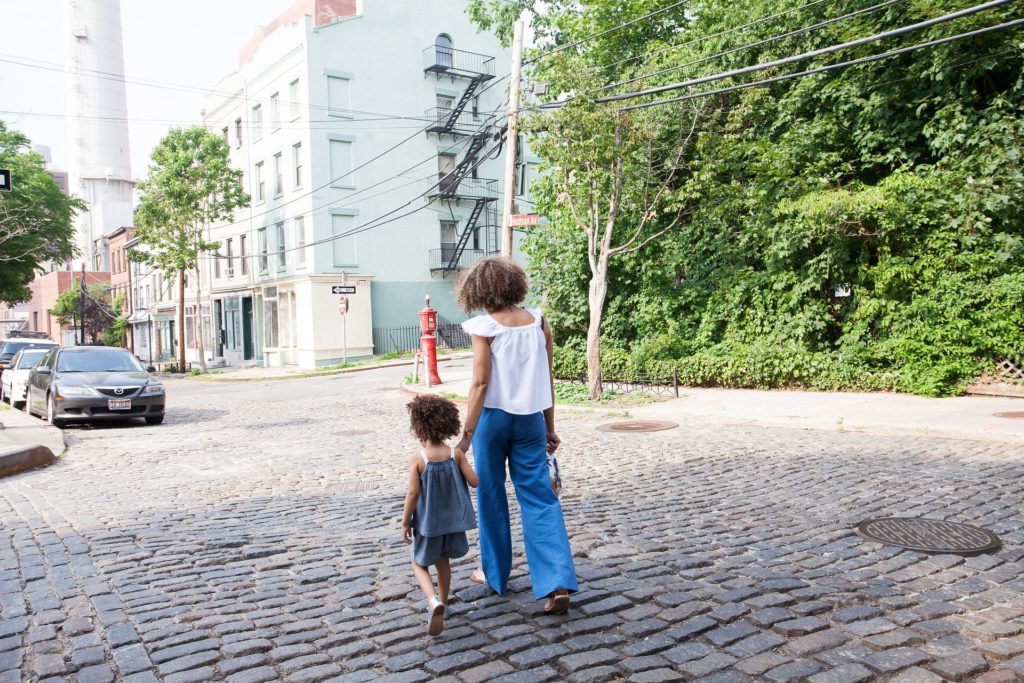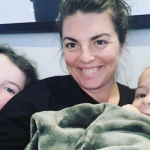Is It Okay To (White) Lie To Our Kids?

Is It Okay To (White) Lie To Our Kids?
Occasionally as a parent you will find yourself dropping a few white lies here and there. Harmless ones like “No honey, I haven’t seen your caramel easter egg.” Or “Of course it’s just chicken baby, eat it and see!”
The same goes for the Easter Bunny, Tooth Fairy and Santa! I will keep these going for as long and my children want to keep believing. Parents are often accused of being hypocrites when they continue with these beautiful traditions. I don’t see it that way- I just see it as extending the magic of childhood as much as I can. My kids will tell me when it’s time to stop believing and when that time comes I will shed a little tear and smile knowing they’ve had a beautiful time of bunny prints and tooth fairy letters that they will treasure for ever!
But there is one thing we lie about that perhaps we should rethink. I recently read an article on GOOP by spiritual healer and energy master Shaman Durek who believes that “we need to be more truthful and share our feelings (negative and positive) with our children” and explains “how and why kids are hindered by our dishonesty, and what they gain when we interact with them in a more authentic way.”
Derek says children are very intuitive and pick up when their parents are lying to them. “Children begin to notice parents’ feelings around the age of five, and they typically develop the capacity to empathize right around then, too. This is the same time children develop a heightened awareness of their environment and the functioning aspects of home and school. They become more susceptible to the energy of other people around them and pick up on when something is wrong,” she says.
This is particularly true when there is something upsetting you. Your child may have picked up that something isn’t quite right and will say “are you sad mummy?” When your child asks this they are already empathetically feeling your pain. So when we respond with “nothing is wrong- mummy is ok,” Derek says “the child will continue to watch your behavior, and will see if your answers to their questions match up with the way that they sense you feel. If there is a disconnect, children take that negative energy into their little bodies and try to understand the pain or fear or anger (or any other emotion) that you are experiencing internally.”
Now while there is no need to expose your child to your adult problems perhaps we shouldn’t be so quick in dismissing our feelings either. As parents we often rightly or wrongly feel we need to entirely hide our fears from our kids. But Derek says “it’s much better to be honest with your children than to be a fear-based protector—again, kids can sense your feelings even when you are not. If you tell white lies about your emotional state, your children will too.”
Sharing our feelings with our children doesn’t mean burdening them with issues they are too young to understand. It can mean telling your child if you feel sad or angry and explaining that you are working through your feelings and that you will be okay.
Ultimately, we want our children to feel safe and be in an environment that fosters openness and closeness between family members. As parents we don’t always have the answers and maybe it’s okay for our kids to see and know that. Perhaps it’s more beneficial to say “yes, mummy is a bit sad today but she is going to be okay.”
What do you think?














